Interview With Award-Winning Photographer John Batdorff
Most photographers spend a considerable amount of time focussing on refining their techniques and perfect their craft – and it’s obviously always a good idea – others also become prolific content creators, writers and teachers. John Batdorff is one of them. He has authored several books as well as 2 DVD’s and holds photography workshops across the country.
I had the chance to connect with John over the past few weeks to discuss his art, influences, business and recent projects. I hope you enjoy this interview as much as I enjoyed connecting with John.
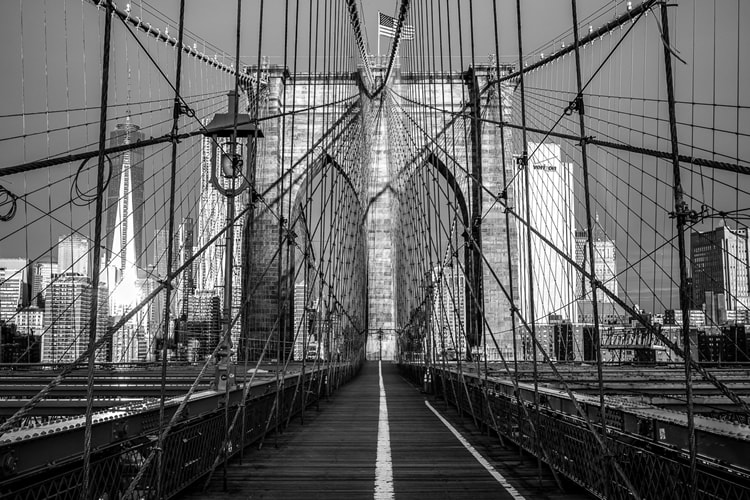
First of all, thank you for taking the time to answer our questions for this interview. Please tell our readers about yourself and your work, where you’re from and where we can find you online.
I grew up in northern Michigan, but I am currently based out of Chicago where I live with my partner Staci, my 14 year old daughter, and our three dogs. I spend a lot of time in Southwestern Montana, and I live right in the bustling city of Chicago, so I can appreciate all types of people and photography. I think growing up with two journalists for parents definitely influenced my photography style. I have a studio/workspace in Chicago where I meet individually with clients who are looking to improve their photographic skills, learn Lightroom, or build a photography business. We are entirely homegrown as a business, so I truly enjoy helping others along their journey to building a brand. You can also find me online on Facebook to learn more about workshops, books, and other learning resources.
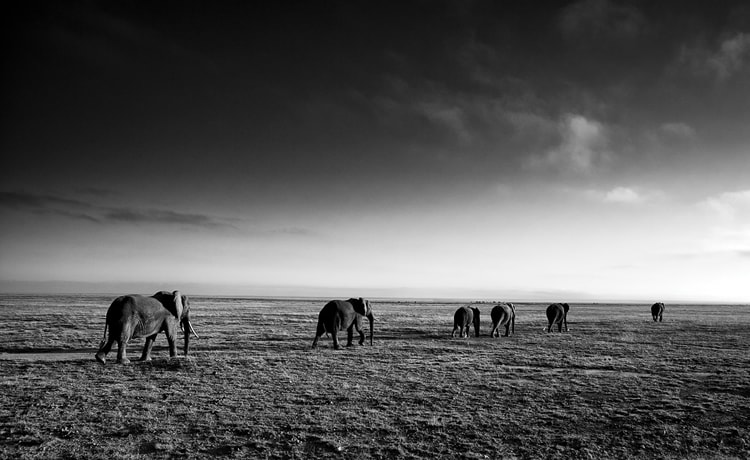
I have to say I absolutely loved browsing through your portfolio. I especially enjoyed your black and white photographs. The color section of your portfolio is just as amazing, but I’m curious to hear what inspires you to shoot in black and white?
I’ve spent most of my adult life working in the newspaper business where most of the images appear in black and white. Because of this, I think I have a natural inclination toward the monochrome world. For me, color can be distracting at times, and when an image is stripped of this distraction all that’s left is the foundation of composition and light. For me, black and white presents an extra challenge, and a more rewarding image in the end.
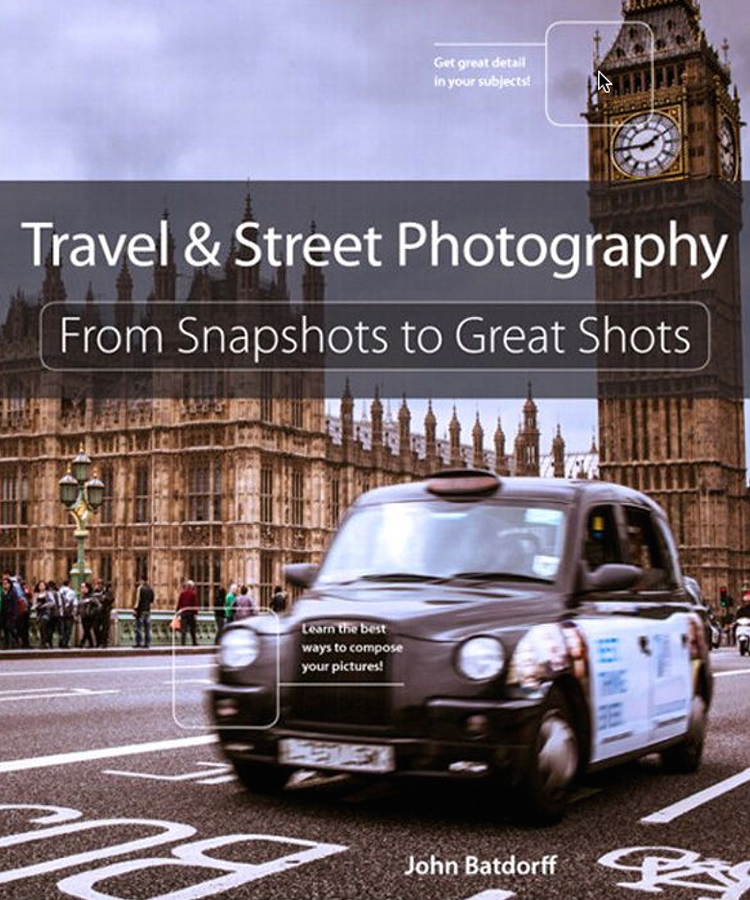
John Batdorff’s most recent book, Travel and Street Photography: From Snapshots to Great Shots is available on Amazon.
You have published quite a lot of books about photography. From composition, street, and travel photography, to instructional manuals about various photography softwares as well as cameras. Can you tell us a bit more about your latest book “Travel and Street Photography: From Snapshots to Great Shots“? What is your process for writing a book? How do you pick the topics?
I wrote and published six books in the past three years, as well as 2 DVD’s, so it’s been pretty non-stop, but my latest book on Travel and Street is definitely a favorite. I really enjoy traveling, and when I’m traveling I’m often shooting a lot of street photography, so the two really go hand in hand. The book is written for beginner to intermediate level photographers who want to learn more about the fundamentals of travel and street photography. The first several chapters are dedicated to the basics including equipment, exposure, composition and planning. Then we get into the specifics of the genre where I cover the legalities of street photography, special considerations for rural and urban travel, and tips for engaging when taking street portraits. I cover a lot of ground in the book, and I hope that it will resonate with many types of photographers.
The book took nearly eight months to complete as I traveled to Belgium and Italy to gather new images. I spent a lot of time researching the laws for street photography in the United States as well as a few other countries. The entire goal of the book was to help people better prepare for and hone their travel and street photography skills regardless if they’re picking up a digital camera for the first time or as a serious hobbyist.
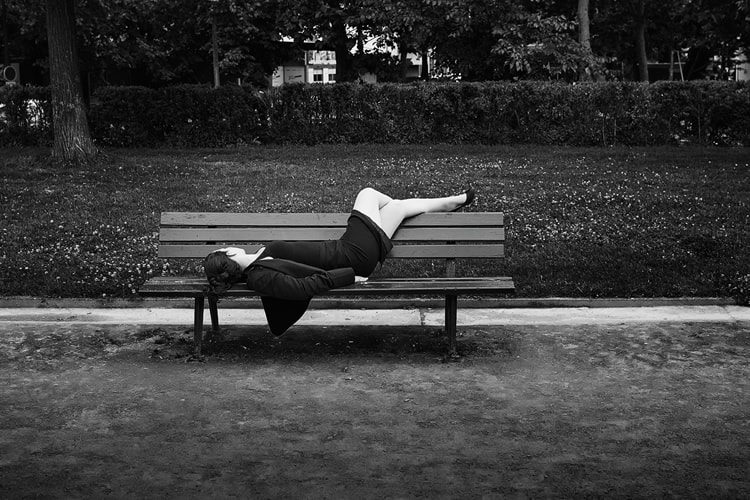
Could you describe your path to becoming such a prolific photographer? How did you get started and what/where did you study?
Without question my mother is responsible for me becoming a photographer. She was an accomplished photojournalist for our small-town daily paper and she even had a few Associated Press awards to her name. She put a camera in my hand when I was seven, I think in an effort to keep me out of trouble, and she was a big believer that we all need a hobby. She was the very first person to review my portfolio as well, whether I asked for it or not. She would challenge me to crop things differently, change my perspective and simply be more intentional in my approach to capturing an image. She had a police scanner in the house, and when something would come over the radio she would load up the kids and we’d all head out, whether to a crime scene, a fender bender, or a major accident, so mom could get her shots for the paper. These experiences are definitely a part of who I am as a photographer.
I don’t have any formal training in photography, I’m entirely self-taught in this discipline. All of my education was in business, with an emphasis on marketing and economics. Of course the business background is pretty helpful when it comes to running a photography business, so I wouldn’t change anything in that respect. While I’ve been photographing ever since I was 7, I definitely got more serious after my daughter was born. Wanting to capture her every moment rekindled my love of photography, and I’ve been at it ever since!

You have many upcoming workshops listed on your site. Can you tell us a bit more about those? Why should people join? What can they expect to learn?
We offer two very distinct types of photography workshops: those focusing on landscape photography, and those that focus on urban photography.
Landscape focus
Our two landscape focused workshops are in Death Valley National Park, and my stomping grounds, Yellowstone National Park. These two destinations couldn’t be more different, so it’s exciting to photograph a location that is a stark desert, and one that is extremely biologically varied. We all travel around the parks together in a big van with a dedicated driver, so there’s plenty of time for fun, a few antics, and lot of photography.Urban Focus
New Orleans and New York City serve as our two destinations for urban workshops, and of course we do workshops in my current hometown of Chicago. These cities are also very different, but they’re all a blast. In New Orleans we do the Jazz and Heritage Festival, and in New York we do some architectural work in addition to street, including the Brooklyn Bridge at sunrise. We put on many miles in these cities, and I love to see the different street shots everyone gets. In Chicago we really cover a lot of ground, both in terms of skills and walking distance. I love our night workshop because it’s super small and intensive, and I really see people learning a lot.The things we hear from people that they appreciate most about our workshops is our small-group size, our hands-on approach, and that we’re fun. We max out at six participants per workshop, with some as small as four. We care far more about building relationships and truly helping people meet their goals than we do having a ton of people following us around a city or listening to us in a big classroom. I don’t have set goals for each workshop per se, but I take my lead from our participants by reviewing their work ahead of time and asking about their goals, and that’s what guides my teaching. With only 6 people over the course of 2-4 days, I see a lot of growth.
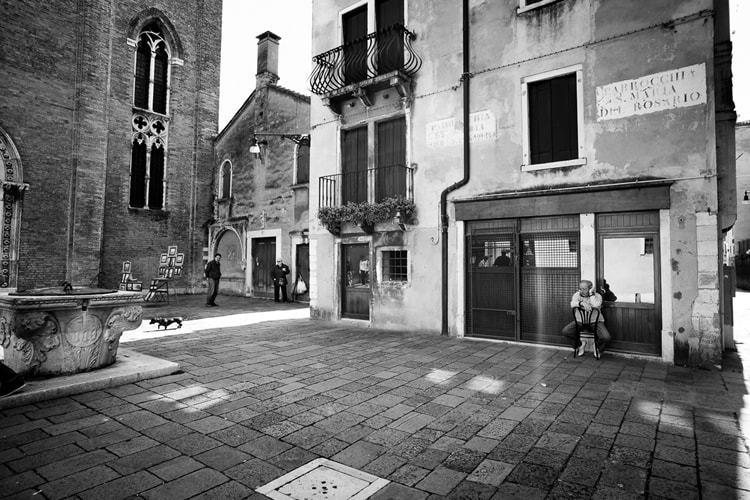
Who would you say is, or was, your biggest influence as a photographer? Why? Anyone you used to look up to or still look up to today for inspiration and/or guidance?
I’m a huge fan of Steve McCurry, Henri Cartier-Bresson, Elliott Erwitt, and Vivian Maier. Their work serves as a strong reminder that you can’t build a compelling portfolio with one image, but instead need your vision backed by a sea of strong images.
Since a lot of photographers are nuts about gear (I know I am), what do you usually pack for a shoot? Any piece of gear you simply couldn’t live without?
I’ll admit I’m a recovering gear addict. Recently I’ve been shooting a lot of film and trying to reconnect with my analog past. However, if I had to pick one set of equipment I couldn’t live without then it would have to be my Leica M9 with my 35mm. It’s a super versatile kit, and I love how the camera renders images.
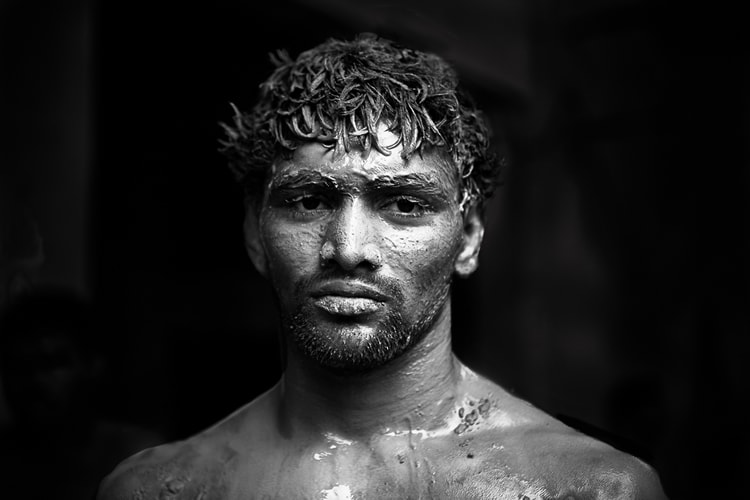
As someone who writes books and gives workshops about photography – how do you feel about photography as a profession now that more and more people are getting into it? Do you feel it is more difficult to become a professional photographer now than it was even just a few years ago?
I’m excited that more people are interested in photography. Maybe it’s because I’m an author and it’s good for business, but I think the real reason is because I truly love photography and I think it’s exciting when people want to learn the craft. I think as long as a pro photographer has a unique vision, style, and excellent customer service then there’s no need to worry about the competition.
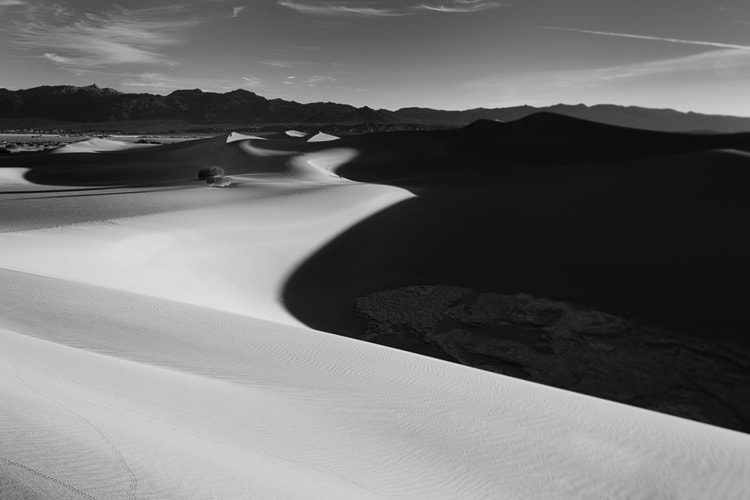
Any piece of advice you could give to beginner photographers that might be interested in pursuing this craft more seriously, or that are thinking of turning photography into a career?
Don’t quit your day job for a while, and be prepared to work like crazy. I’m a big believer in being able to pay your bills because there’s nothing more distracting to starting a business than worrying about your mortgage or being able to feed the kids! Work on building a strong portfolio, get connected with other photographers, promote your work on social networks, read blogs like Contrastly to learn as much as you can about the trade, carry business cards wherever you go, and create a conservative business budget and stick to it!
Most importantly, create measurable goals with small milestones that you can check off along your way. Photography without a business plan is just a hobby (I know that sounds harsh, but it’s true). You need a clear business plan with achievable goals and milestones that you can cross off on your way to making your dream a reality.
Big thanks to John for taking the time out of his busy schedule to answer those questions. I hope you enjoyed this interview. Don’t forget to follow John on Facebook and Twitter.
